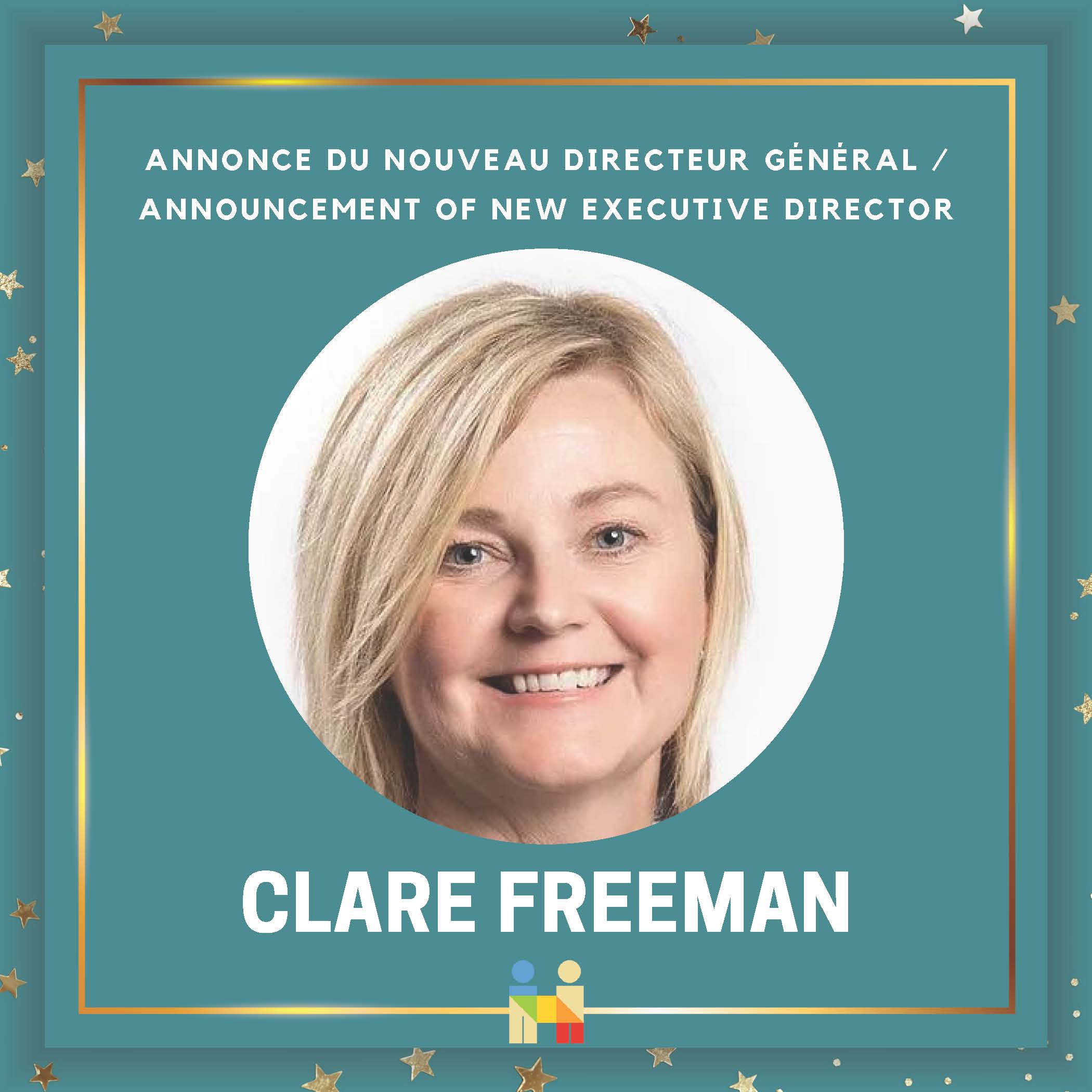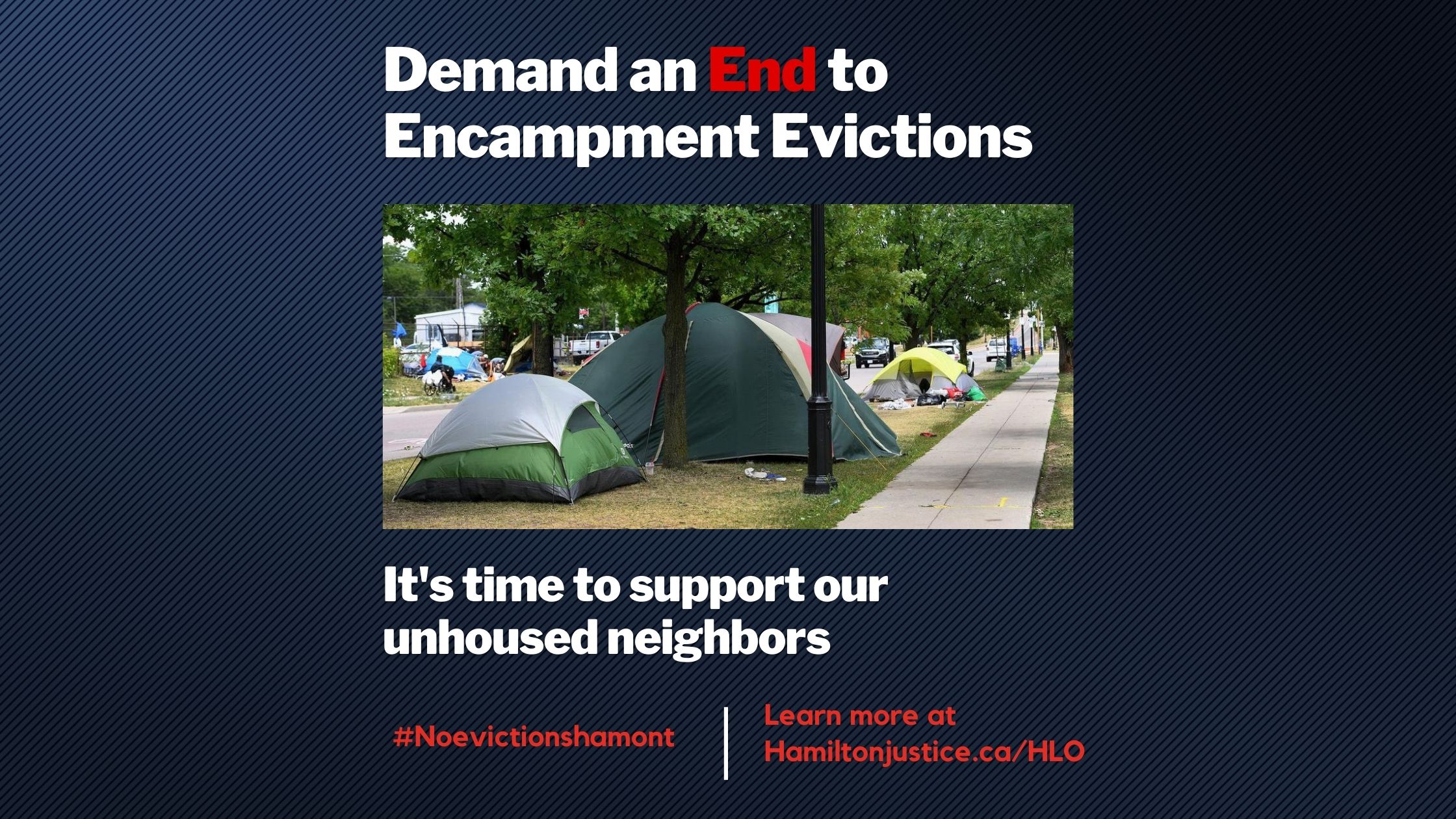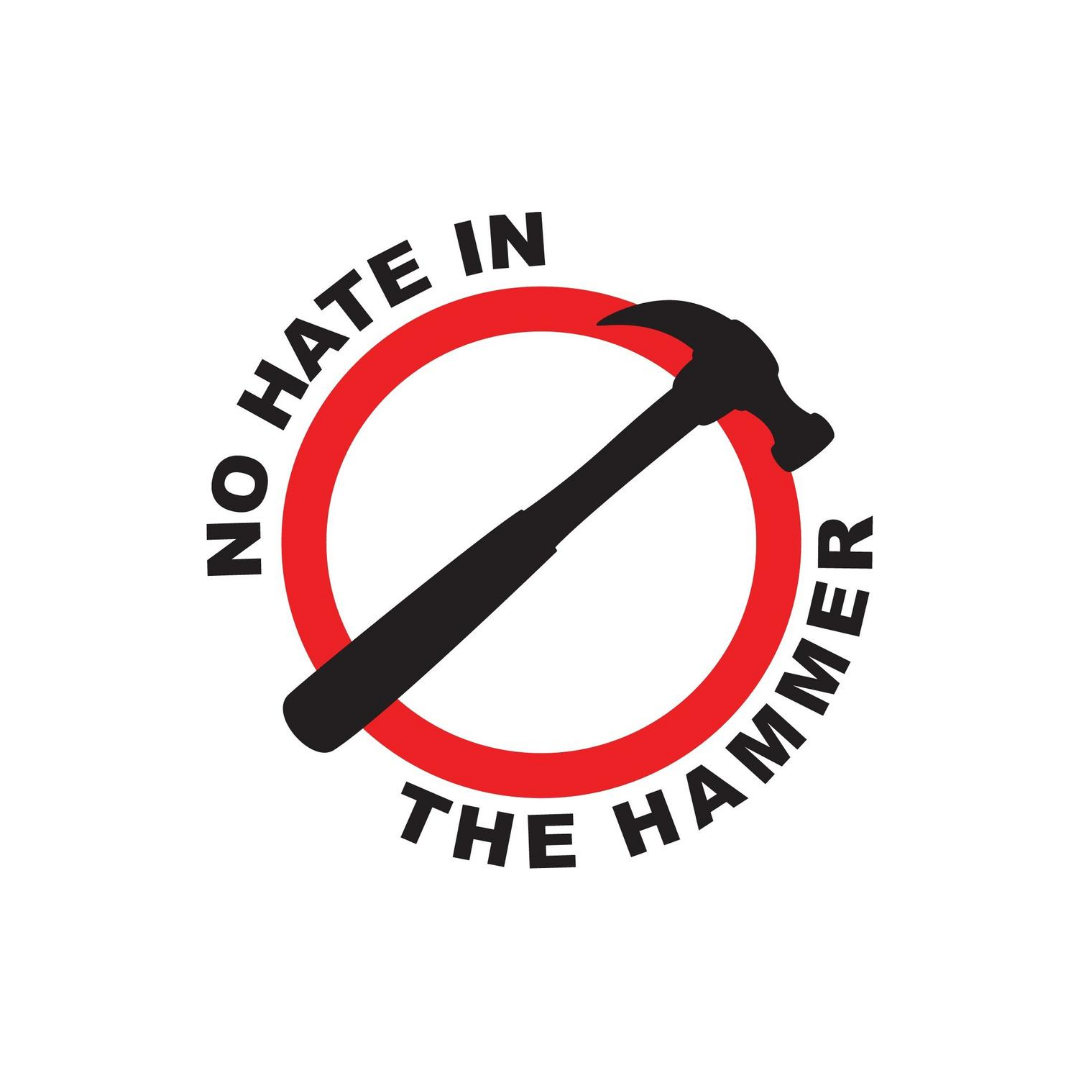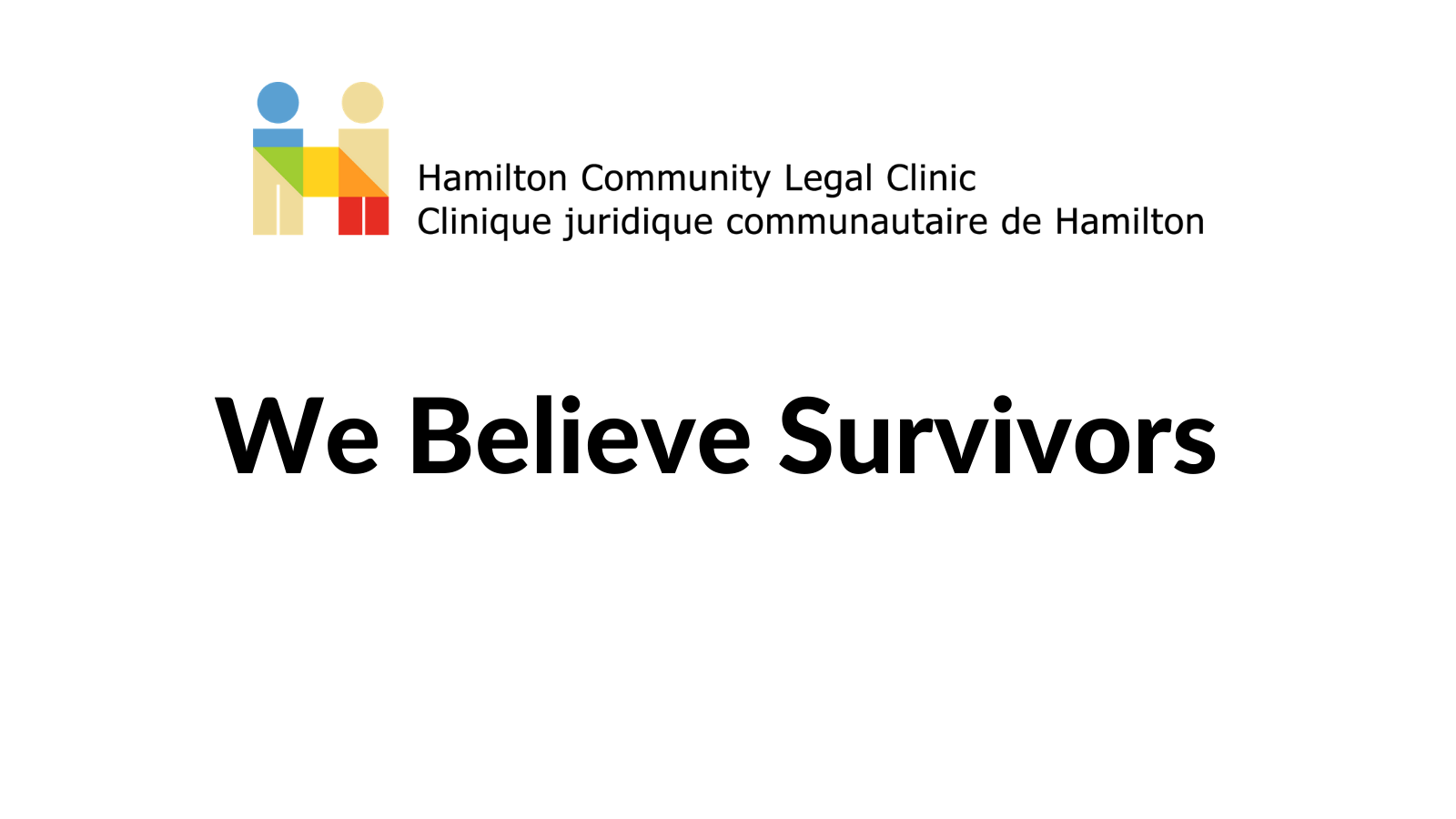Recipients of Ontario Works (OW) or Ontario Disability Support Program (ODSP) may be eligible to obtain a cooling device (such as an air conditioner) as a discretionary benefit.
As the frequency of extreme heat events occurs, the need for cooling devices increases. Those without access to cool spaces during extreme heat events can be subjected to prolonged exposure. Such exposure can cause loss of internal temperature regulation which can lead to various negative health effects or, in some cases, death.
The impacts of extreme heat events disproportionately effect certain vulnerable populations, such as the elderly, low-income earners, and individuals with existing health vulnerabilities.
Learn more, including eligibility requirements and restrictions, in OW and ODSP Discretionary Benefits and Cooling Devices (PDF). This is a resource developed by the Canadian Environmental Law Association.



February 1, 2023
Last Friday, the Ontario Superior Court of Justice released its long-awaited decision on the Region of Waterloo’s Application to remove individuals from a homeless encampment. The Court held that the Region could not remove people from the encampment without violating their right to “life, liberty and security of the person” guaranteed by the Charter of Rights and Freedoms.
The Superior Court made the following factual findings:
We have repeatedly raised the very same issues with the City of Hamilton and continue to do so in the Charter Application currently before the Superior Court about encampments in Hamilton. We are confident that when our case is heard, the Superior Court’s judgment in the Region of Waterloo case will be followed for Hamilton.
Until the City can provide encampment residents with immediate, permanent and supportive housing, any kind of encampment eviction violates the Charter. In addition to violating the rights to life, liberty and security of the person, encampment evictions discriminate against unhoused Indigenous and racialized individuals, women, people with disabilities, the 2SLGBTQIA+ community, and families. Until the City invests in and delivers permanent, affordable housing and related supports, the Charter requires the City to permit people to use tents and other survival materials.
Instead of complying with the Charter and taking meaningful and concrete steps to respond to these longstanding concerns, the City continues to rely on By-law enforcement and eviction, and on pouring resources into fruitless litigation that could be spent on affordable housing.
Indeed, the City has just recommended hiring two additional Municipal Law Enforcement Officers, at an annual cost of $277,000.00, and two Hamilton Police Services officers at an annual cost of $268,646.00 (see agenda item 10.4). Policing continues to be a violent and inappropriate solution to the lack of affordable housing. We oppose it unequivocally.
The City’s own Report arising from consultation sessions states “encampment evictions have profoundly negative impact on people’s physical and mental well-being.” The Superior Court reached the same conclusion. It remains to be seen whether Council will finally acknowledge these profound harms, move away from By-law enforcement, and focus on the creation of affordable housing.
The Hamilton Community Legal Clinic, Hāki Chambers Global, Ross & McBride, and the Community Legal Clinic of York Region, continue to challenge the City’s discriminatory approach to encampments and unhoused residents in Court, until such time as Council takes steps to remedy the harm the City has caused to houseless residents.
For media inquiries please contact:
Sujit Choudhry: (416) 436-3679, (917) 683-1380
Sharon Crowe: (437) 218-2364
Ashley Wilson: (905) 572-5833
On November 24th, 2022, a hate rally was organized in response to a family-friendly Drag Storytime event being held at the Terryberry library. Unfortunately, in response to the organization of this event, a small group of bigots gathered in an attempt to disrupt and protest. The words and actions of this group were in line with the rising tide of violence and hate that Queer communities across Canada are facing. Their allegations against the organizers, talent, and Queer community more broadly, have no basis in reality, and are irresponsible, ignorant, and dangerous. The Queer Justice Project and the Hamilton Community Legal Clinic condemn this hateful demonstration.
Such events are displays of ignorant bigotry that are putting our Queer communities in danger. It must not rest solely on Queer communities to bear witness, defend against, and call out this pattern of hate and violence. For our community at large, who might be just engaging with issues impacting the Queer community, we encourage you to take advantage of numerous educational and informational tools that can accessed online, including through the Hamilton Public Library. Queerness challenges and calls on all of us to reconsider beliefs and realities about more than just gender and sexuality but about how we love and live alongside each other in ways that respect and celebrate differences. All members of our community should rise to that challenge out of a shared spirit of love and acceptance – and not hatred and violence.
View the full statement on anti-2SLGBTQ+ action at Terryberry library
Press ReleaseFOR IMMEDIATE RELEASE
July 28, 2022
PRESS RELEASE
Earlier this year, Constable Brian Wren was charged with assault. Police service said it received a video from a business and a citizen after police arrested a suspect in a stolen vehicle investigation. Police said the officer’s use of force led to a criminal investigation.
Const. Brian Wren was immediately suspended and now also faces an assault charge. His first court appearance was July 21.
The individual assaulted and harmed is a member of the City of Hamilton Indigenous community. Members of the Indigenous community are very concerned that this appears not to be an isolated incident. This is the second time this has happened to this individual. The Hamilton Regional Indian Friendship Centre has justice related programs and reports that these types of allegations of aggressive police behaviours are frequent. This particular assault needs to be taken seriously, and major changes need to be made to not only protect our Indigenous relatives but also help protect our relatives of colour, members of various other ethnic backgrounds and members of other marginalized groups.
A full press release will take place on Tuesday August 2, 2022 at 1230pm in front of Hamilton Police Services downtown central location at 155 King William Street, Hamilton Ontario with members of Indigenous leadership, Indigenous community members and our friends and allies.
In solidarity.
January 21, 2022
FOR IMMEDIATE RELEASE
Hamilton Community Legal Clinic’s Response to Councillor Nann’s Motion Re: Encampment Response
Hamilton Community Legal Clinic welcomes Council’s vote to change the way it responds to encampments. Specifically, the City has agreed to consult with community stakeholders, including front line services working with the unhoused population, those with lived experience, and the health sector, to create a “human rights based, health focused approach to housing”. A copy of the motion can be reviewed by clicking here.
We have always encouraged this type of collaboration and person-centred approach.
Tackling the issue of homelessness and some of its root causes can seem like a monumental undertaking. There are, however, immediate alternatives to encampments evictions which do not require significant funding changes: revising and unifying shelter service restriction policies so that fewer people are unnecessarily banned from shelters, temporarily suspending by-law enforcement, and allocating existing emergency funds to affordable housing projects like tiny cabins (which have already been established in various municipalities).
We are pleased to see the City signal a willingness to engage in an open dialogue on an incredibly important matter. We encourage the City of Hamilton to prioritize these discussions and resolution in light of the urgency of the ongoing pandemic, shelter and housing crisis.
We are hopeful that the newly formed committee results in solutions that address and eradicate the harms associated with homelessness and evicting encampment residents.
For a copy of this letter, please click here: Statement


Clare has worked in the non-profit sector for approximately 19 years as an Executive Director. She has extensive experience in leadership, strategy, public relations, advocacy, and management. She has served on many local, provincial, and national boards and committees, and is deeply committed to giving back to her community through her engagement with numerous social justice initiatives.
Since 2015, Clare has served as the CEO of Dr. Bob Kemp Hospice and bereavement services. Additionally, her past roles include Executive Director, Interval House of Hamilton; Counselling Coordinator, Sexual Assault Centre of Brant; and Continuing Education Professor of the Child and Youth Program, Mohawk College. She obtained her Bachelor of Sociology from the University of Western, as well as her Master of Social Work from York University.
Clare is a passionate and rights-based social justice advocate, and embodies the principles and values that the Hamilton Community Legal Clinic stands for. She will brings a wealth of experience from the organizations she has worked for in the past that will be of benefit to the Hamilton community.
We would like to congratulate Clare on her new role and look forward to continuing to fight for access to justice under her leadership.
We also extend our deepest gratitude to Hugh Tye for his exceptional leadership as our Executive Director over the past 26 years.
The Board of Directors
Hamilton Community Legal Clinic


The City of Hamilton’s sudden decision to end the Encampment Protocol is a misguided attack on people who are already struggling to survive without adequate shelter, food, medical care, bathrooms, and potable water and without protection from the elements and threat of violence. The decision was seemingly made without meaningful consultation with encampment residents and community advocates, and fails to recognize the continuing housing and shelter crisis in Hamilton.
In the spring of 2020, Hamilton Community Legal Clinic and Ross & McBride worked with community partners to preserve people’s right to stay in encampments. This was in response to a lack of shelter and affordable permanent housing options, and the health and safety risks associated with ongoing displacement, particularly during a global pandemic. We obtained an injunction to prevent the City from forcing people to leave their tents. The injunction remained in place for approximately two months. Significant objectives were accomplished during this time: outreach agencies were able to facilitate access to healthcare and basic needs and connect individuals with much needed supports, and the risk of Covid infection and transmission was reduced.
In the fall of 2020, a settlement was reached. The settlement created an Encampment Task Force and a people-centred Encampment Protocol. The Protocol was a reasonable middle ground approach which recognized that adequate, secure affordable housing for the population must be an end goal, but forcibly removing people from their encampment without adequate shelter and housing options is harmful. The Protocol itself was informed by “A National Protocol for Homeless Encampments in Canada” authored by the UN Special Rapporteur on the right to adequate housing, Charter protected rights and human rights.
Under the Protocol, the City was required to assess the individual needs of encamped persons, which could result in their ability to remain encamped indefinitely. It also required the City to come up with individualized housing plans, and take a person-centred approach to avoid unnecessary trauma. Hamilton Police Services have been supportive in the application of this Protocol, effectively using it as a means to ensure that individual rights were engaged prior to any enforcement measures were taken by the City.
Despite the Protocol, many encampment residents continue to remain without housing, signalling the root of this problem: a lack of adequate affordable housing, long term health care supports, and safe shelter spaces. None of these fundamental root causes of homelessness are being appropriately addressed, which simply leaves unhoused residents to bear the brunt. City Council’s decision to re-enact By-laws to evict these residents will not lead to a reduction in encampments. At best, it may lead to their reduced visibility as people try to go further off-grid, and deepen the isolation of unhoused persons.
We are mindful of the brutal eviction tactics used by the City of Toronto against encampment residents. We take the position that dismantling and evicting encampment residents is an act of violence. De-escalation and acknowledgment that our community lacks the resources to resolve the encampment concerns should be the starting point for discussion. While we acknowledge that living in encampments is not a long time viable solution, the violent act of evicting and displacing residents without adequate shelter options is a violation of the right to the security of the person, equality rights and the human right to housing.
Our community at large has shown itself to be largely compassionate towards unhoused persons living in tents. The City of Hamilton has a duty to this population, along with other constituents. We call on the City to do the right thing: stop dismantling encampments and sit down with community stakeholders to come up with a new strategy that respects the human rights and dignity of the encampment residents.

Hate against Asian communities is not a new issue globally, in Canada and more specifically in Hamilton. Anti-Asian racism can be traced back to the foundation of Canada from the early discriminatory treatment of Chinese railroad workers, the 1942 internment of Japanese Canadians, efforts to curb Indian immigration and many more… Since the COVID-19 pandemic there has been a surge in blatant threats, intimidation and assaults against Asians.
The fatal shooting in Atlanta on March 19,th 2021 that left eight dead, six of them being Asian women who worked in spas, is a devastating outcome. We send our heart-filled condolences to friends and family members of Delaina Yaun, Paul Andre Michels, Xiaojie Tan, Daoyou Feng, Soon Chung Park, Hyun J. Grant, Suncha Kim and Yong Ae Yue. Advancing Justice-Atlanta said in a statement: “The shootings happened under the trauma of increasing violence against Asian Americans nationwide, fuelled by white supremacy and systemic racism.”
In Canada, Anti-Asian hate has also been on the rise. Sources that track these incidents have reported 959 incidents of anti-Asian hate crimes across Canada during the pandemic. In Vancouver, there was a 717 per cent increase in anti-Asian hate crimes from 2019 to 2020. And this is not solely a “West coast issue”. Sadly, these incidents also happen within the Hamilton area, although often underreported. This serves as a reminder of the work that is needed to make Hamilton a truly more inclusive city, free of hate. We need to work together to stand up against all forms of discrimination. To do so, we must actively listen to members of this community, learn and take action to fight against hate.
We at NHH want the Asian community to know that we stand with you now and always.
Below is a link with resources and steps that can be taken to fight against Anti-Asian racism in Canada:
https://www.refinery29.com/en-ca/2021/03/10377626/asian-american-canadian-racism-how-to-help-actions

The survivors who have recently come forward to expose their unjust and violent workplaces have done so in the face of potential personal, social and economic peril. It is a huge burden to take these risks and this is absolutely compounded by the precariousness of employment, income, supports and services in the pandemic. These harrowing experiences alert us to how commonplace sexual violence truly is, not just in specific industries, but in our broader culture.
Sexual violence is endemic in our society and yet only 5-8% of these cases are formally reported to police. (1) There are numerous factors that survivors have to weigh when deciding whether to report their experience(s). For instance, navigating the routes to justice while centering their own healing. This is a personal process, is rarely linear and is often complicated by intersecting factors in the survivor’s life (i.e. age, gender, race, sexual orientation, access to resources, job precarity, etc).
In our society, survivors are often not taken seriously, are blamed for the incident(s), or are shamed based on the assumption that they have something to gain from these accusations. Yet, especially in the tight-knit restaurant industry, the threat of being blacklisted and ending up jobless is very real. Sexual violence is expressed often in highly differential power relationships — employee/employer, student/teacher, staffer/politician. This power imbalance translates into who our society chooses to believe, further entrenching the powerlessness of survivors.
We know that the barriers to legal justice in these sexual violence cases are staggering. Police reports are central to the legal process but many communities do not trust police, plus the police have been known to perpetuate the most damaging assumptions about survivors. The criminal justice system then places the burden of proof on the victims, and the trial process can sometimes re-victimize and re-traumatize survivors. It can feel futile when less than 1% (2) of sexual assaults lead to offenders receiving convictions. Even if convicted, the sentencing can be insulting to victims.
Both our legal system and our community are failing survivors which is why many choose to never report their assaults.
To the survivors directly: at the Hamilton Community Legal Clinic we believe you. We say this to upend the cultural norm of doubting victims of sexual assault. We say this with the explicit intention of making space for all survivors to come forward to speak their truth and be heard. This does not mean that allegations should not be investigated. Of course they should. But we know that just because an assault does not produce a conviction, it does not mean that it didn’t happen or was exaggerated or fabricated. You and your experiences are worthy of our collective attention and concern. You are highlighting issues that many people would rather not see. We are inspired by your bravery to challenge the broader social systems and structures that make these cultures possible.
Although HCLC’s mandate does not allow us to practice in sexual violence matters, we do provide services in employment law and WSIB and are available to connect you with other community legal services. While this is not the right option for everybody, we hope this legal information will help you make an informed decision for yourself.
If you are seeking support or you would like to learn more about the #WeBelieveSurvivors movement, we encourage you to contact the Sexual Assault Centre of Hamilton and Area (SACHA) at 905-525-4162 [support line], 905-525-4573 [office line], or for more information visit www.sacha.ca.
#WeBelieveSurvivors!

We stand in solidarity with victims of hate in Hamilton and call for a thorough investigation into the alarming voicemail messages recently left for the office staff of Ward 3, home to the city’s only racialized councillor. We stand in solidarity with Councillor Nann and the Ward 3 staff.
The timing of these calls highlights how hatred, intolerance and exclusion already present in our community may be triggered by influences south of the border. In the days following insurrection at the U.S. Capitol, the malicious caller issued violent and threatening messages toward Black people and cited contacts with far-right and white-nationalist groups. These disturbing calls follow on the surge in local hate incidences after the inauguration of Donald Trump as U.S. President in January 2017.
We must acknowledge our society’s own complicity in allowing hate to grow and work to keep it at bay. Hamilton has among the highest rates of hate crimes and hate incidences in the country, and this should compel us to examine the structures and practices that have allowed for this dubious distinction. It also points to the need for loud and unequivocal checking of hate manifestations as they occur.
We echo Cllr Nann’s commitment to “report the act of hate, speak about it and act with an even deeper commitment to democracy, accountability and justice.”
As Hamilton celebrated Lincoln Alexander yesterday, “a man who rose above existing prejudices and racism to help shape the diverse and inclusive country that we live in today” (quote from Hamilton Police Service statement), we urge HPS to fully investigate these incidences of hate, including any ties with far-right and white-nationalist groups involved, and to set a high bar for addressing it.
We also call on Mayor Fred Eisenberger and every member of City Council to denounce these incidents and to respond to them with the full power of their offices.
No Hate in the Hammer is the Hamilton coalition of individuals and organizations working together to make Hamilton a truly inclusive city where everyone is free from all forms of hate.